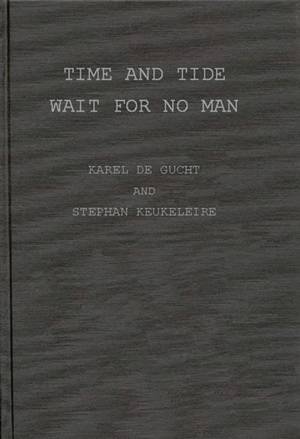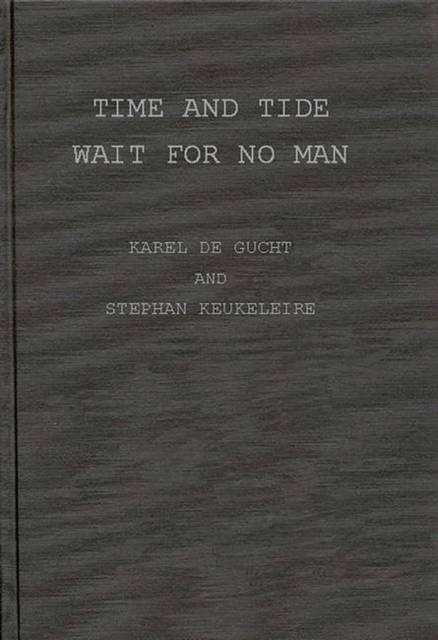
- Afhalen na 1 uur in een winkel met voorraad
- Gratis thuislevering in België vanaf € 30
- Ruim aanbod met 7 miljoen producten
- Afhalen na 1 uur in een winkel met voorraad
- Gratis thuislevering in België vanaf € 30
- Ruim aanbod met 7 miljoen producten
Time and Tide Wait for No Man
The Changing European Geopolitical Landscape
Karel de Gucht, Stephan KeukeleireOmschrijving
In his foreword to this work, Valery Giscard d'Estaing characterizes the recent changes in Central and Eastern Europe as a great victory for the values of liberal democracy and a testament to the firmness and cohesion of the Atlantic Alliance. But as Karel De Gucht and Stephan Keukeleire go on to point out, these events were neither a necessity nor an accident, as they were the consequence of many small steps and measures whose effects were incalculable at the time as well as of fundamental long-term developments. De Gucht and Keukeleire see these developments as the building blocks for Europe's future and the opportunities for choice that could allow these European nations to once again take control of their history.
Giscard d'Estaing's foreword and the authors' preface set the stage for a complete discussion of the myriad elements that have gone into the European upheaval. The work then explores a wide range of events and topics that had and will further have an impact on the formation of the new Europe, including growing doubts about the United States and nuclear deterrence, French independence, the pressure for reform in the Soviet Union and in Eastern Europe, and the growing role of the European Community. Also discussed at length is the nation of Germany, its view of its own identity, the change in the German perception of security, and the German contribution to the European upheaval. The authors conclude their book with a policy-oriented blueprint for a future European security structure. This timely study will be an essential resource for students and scholars of European studies and political science, as well as an important addition to both academic and public libraries.Specificaties
Betrokkenen
- Auteur(s):
- Uitgeverij:
Inhoud
- Aantal bladzijden:
- 256
- Taal:
- Engels
Eigenschappen
- Productcode (EAN):
- 9780275940621
- Verschijningsdatum:
- 30/11/1991
- Uitvoering:
- Hardcover
- Formaat:
- Genaaid
- Afmetingen:
- 163 mm x 241 mm
- Gewicht:
- 571 g

Alleen bij Standaard Boekhandel
Beoordelingen
We publiceren alleen reviews die voldoen aan de voorwaarden voor reviews. Bekijk onze voorwaarden voor reviews.











